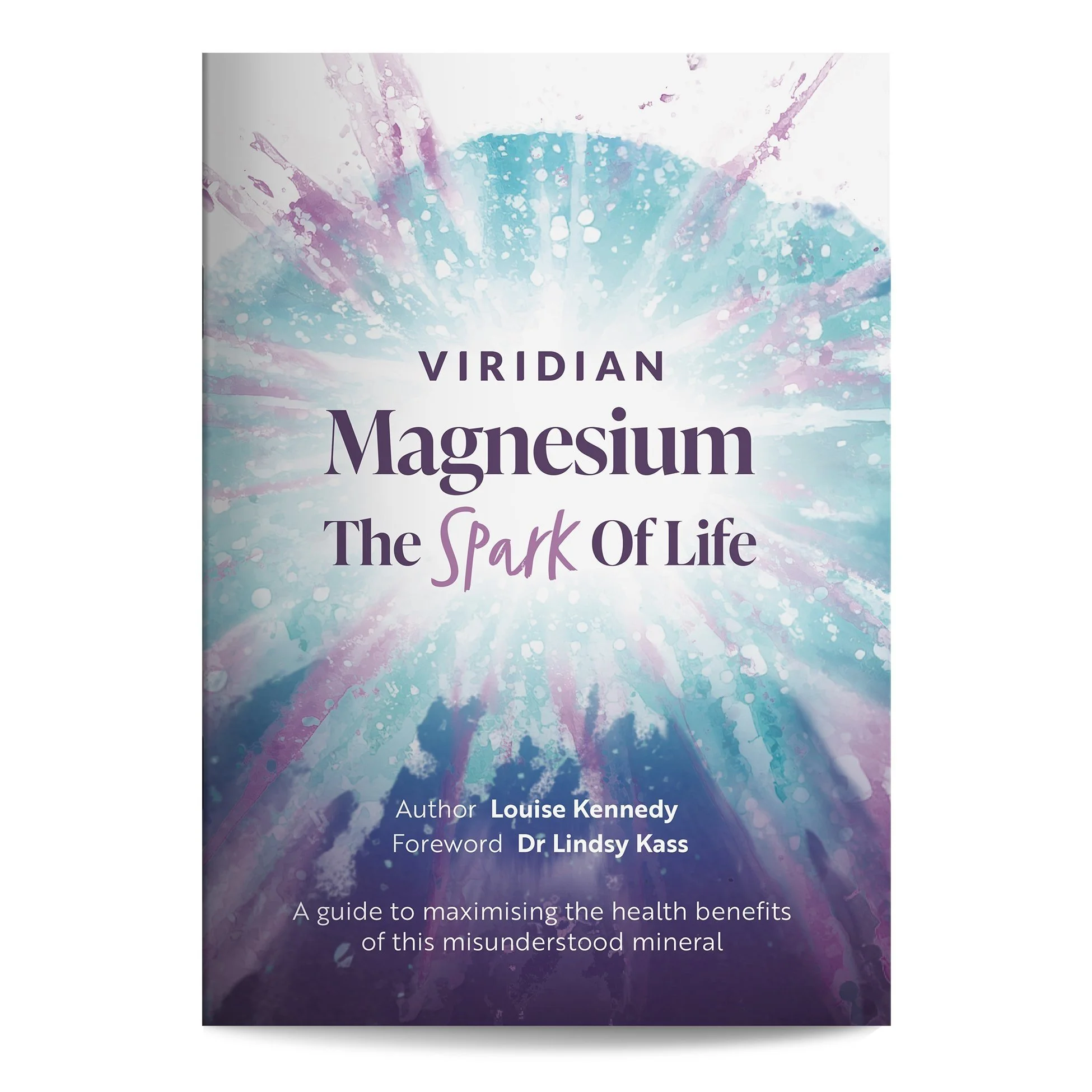Magnesium: the misunderstood, multi-tasking mineral
A new nationwide survey conducted by Viridian Nutrition exposes the extent of the UK’s knowledge gap around magnesium — an essential but largely misunderstood mineral.
The survey, covering 2,000 participants, revealed that 70% of people are unaware of the importance of magnesium consumption and 73% don’t regularly take a magnesium supplement — figures the brand calls ‘alarming’ since bone-related hospital admissions are on the rise and the NHS sees some 75,000 hip fracture cases annually.
A cohort of 40% believed magnesium to be ‘beneficial but not necessary’ while 35% admitted to including low-magnesium foods in their diet, believing them to have a higher magnesium content. A further 42% made no effort to include magnesium-rich foods in their daily meals and Viridian reports a general lack of nutritional understanding highlighted by the mere 7% who said they add magnesium-packed pumpkin seeds to their food.
“The findings suggest that confusion surrounding dietary sources, supplement types and magnesium’s role in the body is leading to ineffective supplementation and potential health risks,” says Aimee Benbow, nutrition director. “Magnesium is found in many foods, yet our survey highlights a significant gap in nutritional knowledge. While it is possible to meet the recommended daily intake of magnesium through diet alone, it requires a conscious effort to consistently include magnesium-rich foods. For many, supplementation provides an easier and more reliable way to ensure sufficient intake.”
Hailed for its sleep-promoting effect, magnesium supplementation has surged in general popularity in recent years; 34% of respondents cited improved sleep as their key driver for taking magnesium. But, points out Dr Lindsy Kass, senior research fellow at the University of Hertfordshire, ‘this multi-tasking mineral has a huge number of other important functions that people clearly aren’t aware of’ — such as supporting muscle and nerve function, relieving migraines, improving insulin sensitivity, reducing inflammation, supporting brain function and easing PMS symptoms.
“Magnesium is essential for bone density, muscle function and overall cardiovascular health,” says Benbow. “Deficiency can lead to weakened bones, an increased risk of fractures, fatigue and very extreme cases may lead to irregular heartbeat and even anxiety.”
The spark of life
“Emerging research also suggests magnesium plays a role in blood glucose control and blood pressure regulation,” Kass adds: “My research at the University of Hertfordshire has extensively covered the role of magnesium for both health and exercise performance. During this time, I’ve analysed physical data, dietary intakes and expert opinions in relation to magnesium and believe that the lack of knowledge, as well as the decrease in magnesium intake, makes this micronutrient one that clearly needs further exploration and explanation to the general public.”
But where supplementation is concerned respondents lacked education, with 51% ‘unable to name one type of magnesium from a list of the most common supplement forms of the mineral’, suggesting they may not be turning to the correct type of magnesium to suit their needs.
Phil Beard, nutritionist at Viridian, advises: “There is no ‘one-size-fits-all’ magnesium. Some people benefit from a specific form, while others may need a blend which can provide additional specific health benefits. Liquid or powdered formats may also be more suitable for certain individuals who are seeking flexible dosages. Consider ionic magnesium which is easier for the body to absorb and utilize, not bound to any other compound and it doesn’t require to be broken down — sourced from the Great Salt Lake in Utah and sun-dried for two years to increase concentration. Choose purity, especially products that are earth-sourced, particularly when the magnesium is bound to another compound and make sure it contains 100% active ingredients. This will provide the highest natural potency without any fillers, binders, glues, irradiation or lubricants from mass production. It is also important to trial a supplement consistently for at least 30 days to assess its effectiveness before switching to a different type.”
“This survey underscores the urgent need for greater public education on magnesium and its role in health,” adds Benbow. “Viridian Nutrition has developed a comprehensive white paper on magnesium to address the widespread confusion and lack of awareness surrounding this essential mineral. As confusion persists over dietary sources, supplement types and magnesium’s benefits, many people are at risk of ineffective supplementation and potential health consequences. Addressing this knowledge gap and directing people to health stores is essential to ensure individuals make informed choices for their long-term health and wellbeing.”
By Rosie Greenaway, editor


